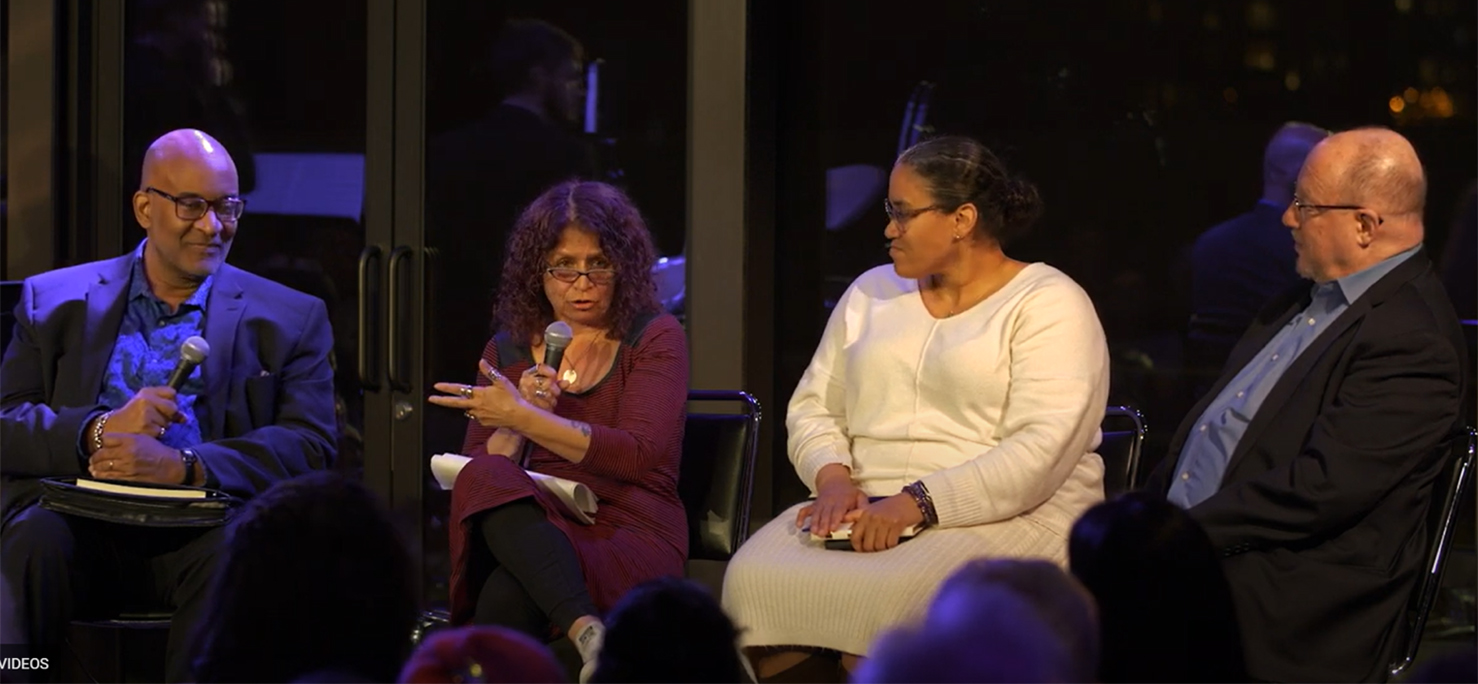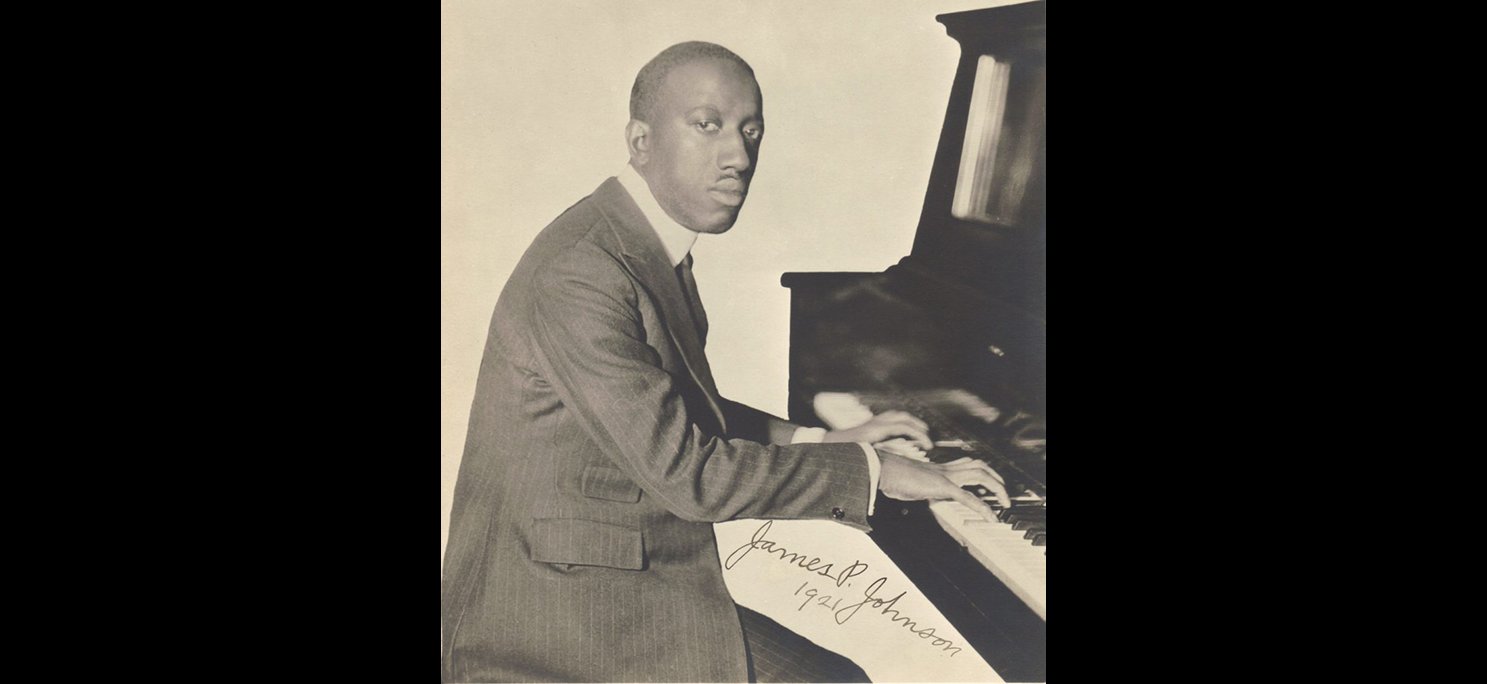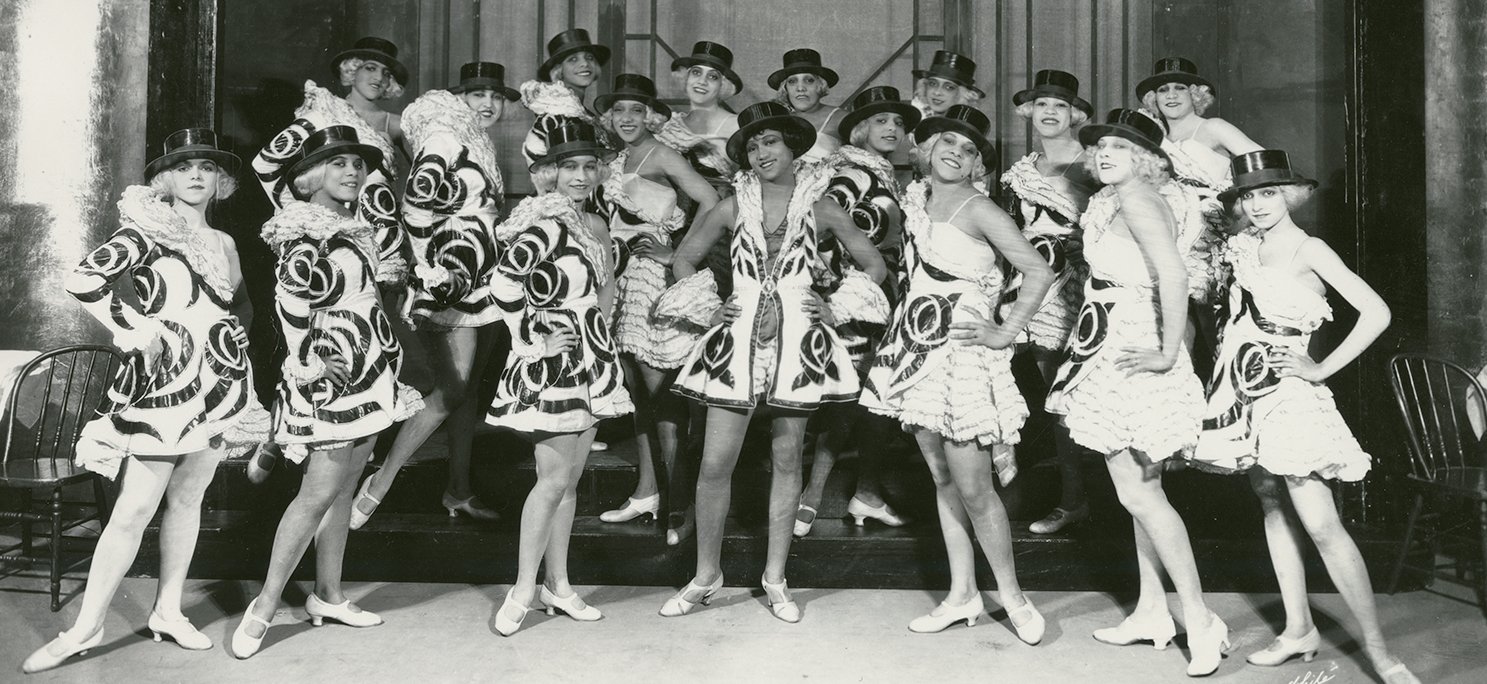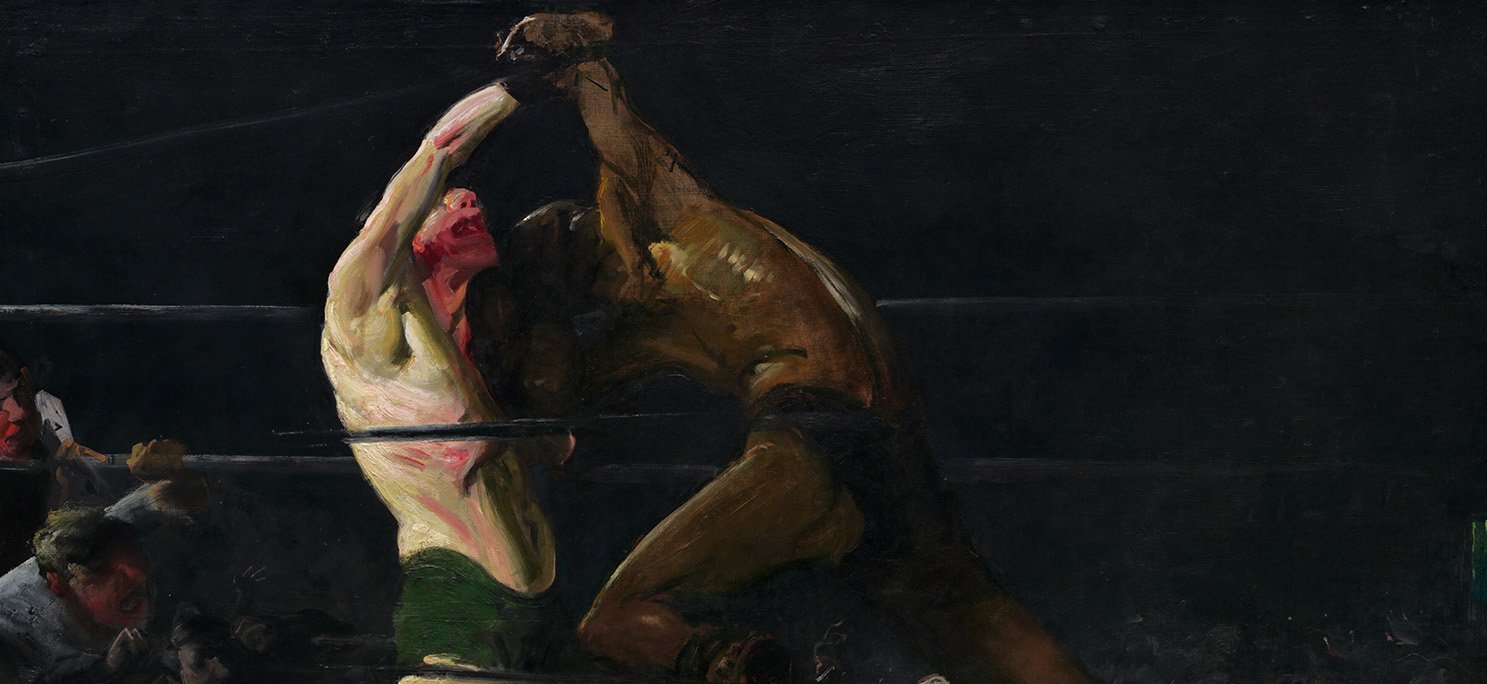James Reese Europe: Latin Jazz and the Harlem Hell Fighters Band (1900–1920)
July 02, 2024
Curated by Loren Schoenberg, Senior Scholar at the National Jazz Museum in Harlem
James Reese Europe (b. 1881–d. 1919) was a groundbreaking New York City-based composer and bandleader—a key figure in developing jazz and sharing that music with audiences around the world. In his compositions and arrangements, he mined his cultural background to celebrate African rhythms and musical styles in American music. He drew from the roots of ragtime, spirituals, and the blues and wove them into original music performed at social dances, in concerts by his Clef Club Orchestra, and by the Harlem Hell Fighters' 369th Regimental Band, which he organized during World War I and led overseas.
Yet, an important part of this music history, and James Reese Europe’s biography, is often untold—the musician’s close connection to Latin jazz. In assembling the 369th Regimental Band, Europe went as far as Puerto Rico to recruit band members, and in doing so, created an opportunity for an expanded fusion of musical styles and cultural influences. The Afro-Caribbean sounds that these musicians brought to the band shaped Europe’s compositions and jazz music at large, their influence extending far beyond the wartime ensemble. Many of the Puerto Rican musicians who played in Europe’s band moved to New York City after the war—joining the music scene in Harlem, San Juan Hill, and surrounding neighborhoods—and performing, composing, and recording in the decades that followed. In this conversation with leading artists and scholars, explore the life and impact of James Reese Europe and his Harlem Hell Fighters’ band—who fundamentally shaped jazz and the music industry in ways that still resound today.
Moderator:
- Loren Schoenberg (Founding Director and Senior Scholar, National Jazz Museum in Harlem)
Panelists:
- Michael Dinwiddie (Professor of Cultural Studies, New York University)
- Elena Martínez (Co-Artistic Director, Bronx Music Heritage Center)
- Dr. Vanessa K. Valdés (Associate Provost for Community Engagement, The City College of New York)
This conversation includes a live musical performance by a jazz trio featuring composer and pianist Esteban Castro, bassist Ben Feldman, and drummer Matthew Lee.
Part of Legacies of San Juan Hill, an ongoing project that explores and uplifts the history, communities, and cultural legacy of the Manhattan neighborhoods that existed in and around the area where Lincoln Center resides today. To learn more, visit: LincolnCenter.org/SanJuanHill
This conversation was filmed at Lincoln Center on April 17, 2024.






